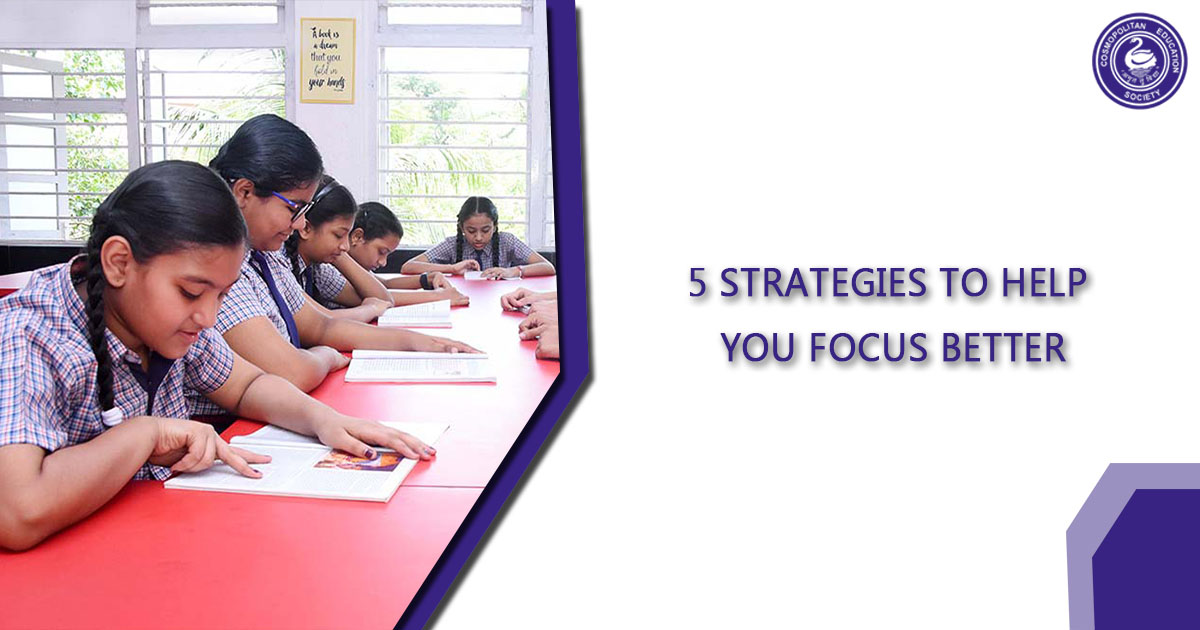
5 Strategies to Help You Focus Better
Getting and staying focused has been a challenge for everyone whether it be for a child in school or an adult at work. With so many things going around in the world, we tend to give half-hearted attention to tasks by multitasking. Do you know what happens when you multitask? During multitasking our brains switch among tasks, requiring more brain fuel than staying with one task at a time.
It is said each and every activity we do uses a different set of cognitive resources. For example: If you are reading an email, you’re using one set of cognitive resources. If you’re reading a detailed report, you’re using a different set of resources, though both involve the activity of reading. Hence, the more tasks you try to do at any given time, the more cognitive energy you burn.
Below are 5 Simple mechanisms to help you focus better.
1. Unclear your brain by Scheduling:
A well-constructed schedule for a day will not only allow your mind to travel into what’s called the “default mode network” but also allow you to get less distracted. This network of brain connections is where the magic happens and you tend to stick to schedule all day. It’s the state of mind where our innovation backed with creativity aids us to make better decisions compared to an unfocused mind.
2. Stay away from distractions:
You will agree if we say, our days are filled with enumerable distractions, not just from others but also from ourselves. One important tip, we recommend you turn off text messaging, notifications and social media alerts. This is very critical if you desire to deep dive into a concept of research. When distracting interruptions like technology and people around you are set off, our brains get a chance to complete full sentences of thought.
3. Know your chronobiology:
Make friends with your body clock. Are you a lark who is sharp and productive in the morning? Or are you a night owl where alertness is highest at night? Either way, it doesn’t matter as long as you schedule your most important projects during your brain’s peak performance period. We at Shri. Harshad C. Valia International School (CBSE) advise you to resist the temptation to spend your day (particularly your peak brain hours) doing busy work. Instead, reserve your best brain time for the big and important stuff.
4. Try new hobbies:
Could you ever imagine that engaging in new hobbies not only can help you rejuvenate but also help you solutionize (i.e. enhance problem-solving skills)? Additionally, allowing your mind time to play and engage in hobbies is another way to invite innovation. Many hobbies like sports, playing a musical instrument can help you nurture your focusing skills which will help in studies and work life.
5. Consider a digital sabbatical:
There are too many videos and social media graphics floating which give you insights into why shutting off electronic devices around you for a time period can prove beneficial. Taking a digital sabbatical typically means intentionally setting aside time to rest from your screens and all their interruptions. Most importantly it reminds us there’s a whole world outside our screens, helping us to “reset and think about what’s really important.”
